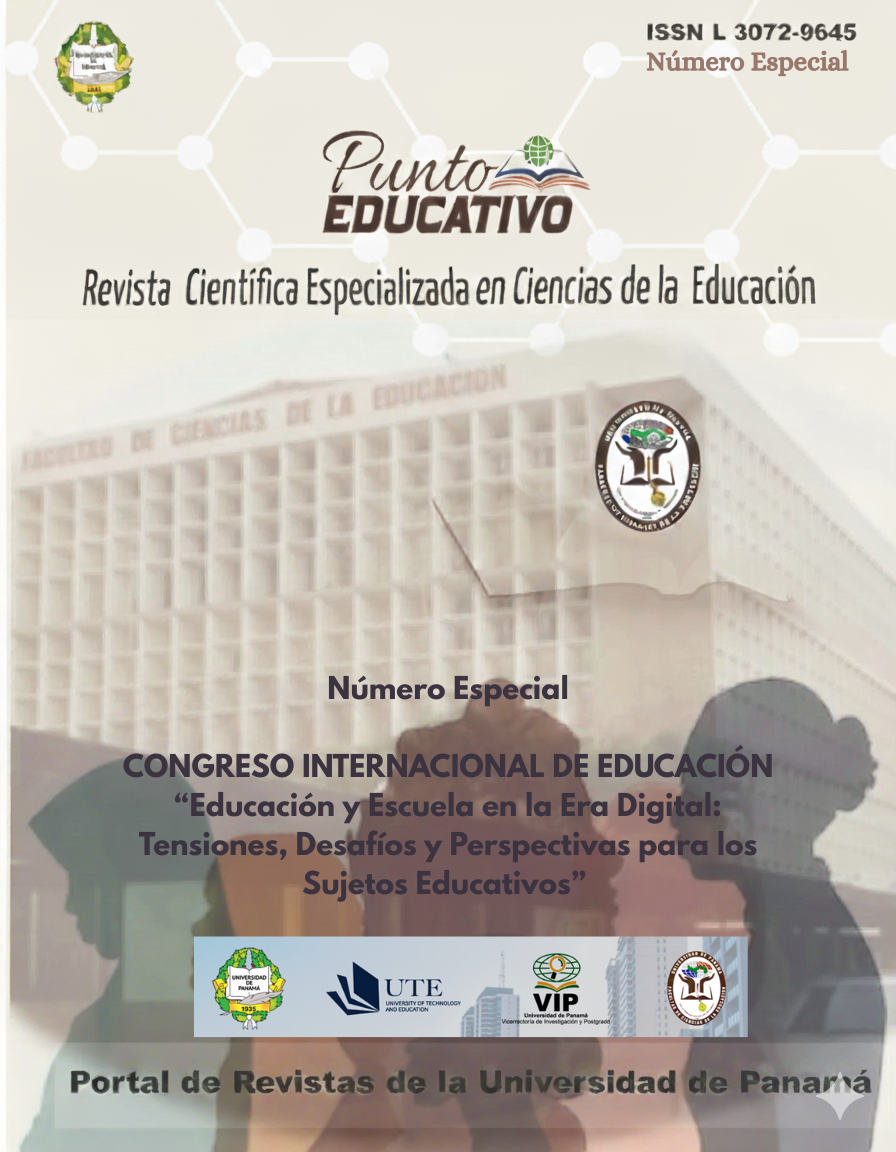

Derechos de autor 2025 Punto educativo

Esta obra está bajo una licencia internacional Creative Commons Atribución-NoComercial-CompartirIgual 4.0.
Este artículo analiza las interacciones de la educación formal con las tradiciones culturales de los estudiantes de Alto Sinú, Emberá Katío, considerando cómo estas interacciones afectan los viajes educativos de los estudiantes y preservan la identidad cultural de sus respectivas comunidades. El documento sigue un enfoque cualitativo etnográfico y describe las experiencias educativas de los estudiantes y cómo los aspectos culturales de su comunidad se entrelazan, o en algunos casos se confrontan, con las formas predominantes de educación escolar. En general, los resultados resaltan la necesidad de un proceso educativo que, en lugar de simplemente tolerar las identidades culturales individuales, las use como recursos valiosos para las experiencias educativas holísticas de los estudiantes. El artículo también analiza algunos de los desafíos y oportunidades que existen para la implementación general de enfoques de etnoeducación en Colombia. Destaca la importancia de un enfoque pedagógico que, en un contexto globalizado, celebre la diversidad cultural y apoye las identidades individuales de los estudiantes. Considerando la experiencia local pero también la relevancia para otros lugares con culturas minoritarias, el estudio agrega algunas ideas innovadoras al diálogo en curso sobre la educación intercultural y puede inspirar futuras políticas educativas más equitativas.